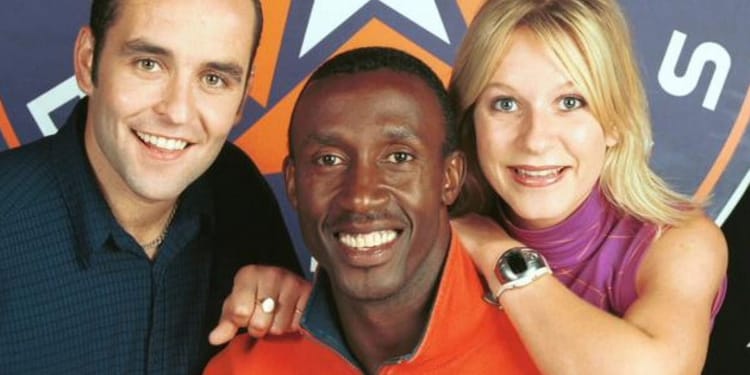Sleeping rough - but not in that way
In about 6 weeks’ time I will be sleeping rough, under the banner of Byte Night. I won’t really be sleeping rough, of course. I will take my old, but functional sleeping bag, carry mat and reasonably healthy self to London for the day, bed down in the evening, have an awful night’s sleep (but think of the camaraderie), then head back the next day for a decent shower and that inner warm feeling that I’ve done something useful.
Call me old fashioned, but that’s not sleeping rough. Sleeping rough means the feeling of nowhere else to go, no money to pay for the fares, no hot shower to look forward to. Sleeping rough could mean sofa surfing on occasion, or being offered a place in a hostel but lacking the wherewithal to respond. As a genuine rough sleeper, chances are I would have psychological challenges, demons in my own machine. I wouldn’t have asked for these, they may be in my DNA. Or, perhaps, I’ve faced, but not faced down some traumatic experience, such as domestic violence, loss of livelihood or family. I might well have ended up with a drugs problem_ that wouldn’t have been in my life plan either.
So, if I'm not really sleeping rough, why am I doing it? First, to help raise awareness of a growing problem. The credit crunch has hit people from all walks of life – since 2010 the amount of homelessness in the UK has continued to rise. According to charity Crisis, in Autumn 2011 the number of rough sleepers in the UK averaged over two thousand every night – an increase of just over a quarter from the year before. A sharp increase in a tip-of-the-iceberg figure which hides the true scale of the challenge.
Sleeping rough isn’t a simple decision, it’s a bottom point on a complex, downward-spiralling journey. A number of organisations are working independently and together to minimise the causes of homelessness, maximise the options for people who want to get out of the rut, and provide any palliative help they can for people sleeping on the street. These organisations need money and resources to do their work, and Byte Night is at its core simply a call for funds for Action for Children, which targets young homeless people - all donations gratefully received.
Finally, I have a lot to learn. Quite recently I became involved in a community interest organisation that is being spun out of homeless charity St Mungo’s. We don’t have a name yet (unless you count ‘Social Inclusion Enterprises’) – but the remit is simple – to employ low-cost technologies to respond to the needs of people at the periphery of society, be they homeless, long-term unemployed or otherwise disadvantaged for whatever reason. Services such as Voicemail4All (http://www.voicemail4all.org.uk/) for example, which can offer a communications lifeline, helping its users find a job or reconnect with family members.
So, no, I will not be sleeping rough on October 5, not in its truest sense. But nor should anyone else, not in this day and age. As long as ‘modern society’ feels it is acceptable to leave individuals curled up on street corners, we still need events like Byte Night to ensure that they, and their needs are not forgotten.


